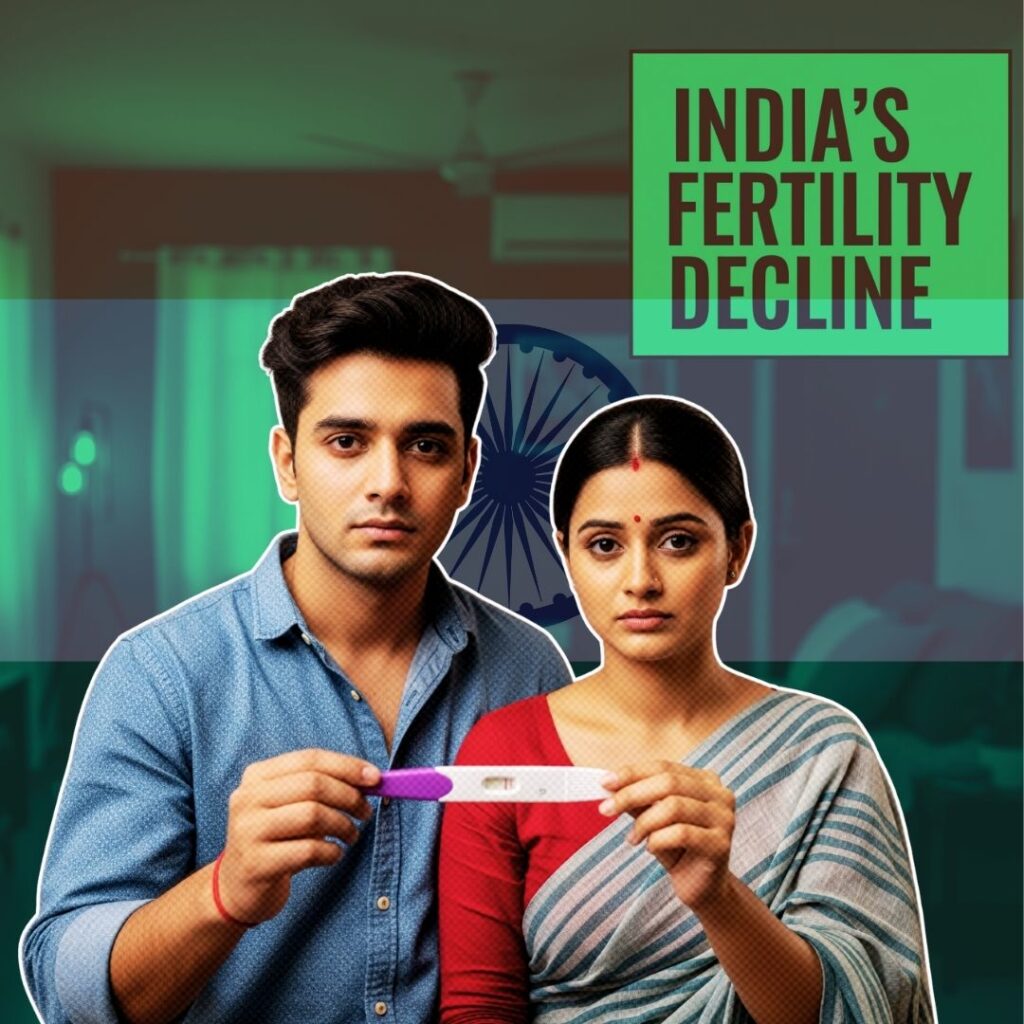Haryana Government probing the death of the seven-year-old girl who died of dengue finds Fortis Hospital guilty of medical negligence and over-charging the patient’s family. According to NDTV, Haryana Health Minister Anil Vij said that the government intends to file a police case against the hospital.
“In simple words, it was not a death, it was a murder,” Anil Vij declared. The government probe also accused the hospital of making 108 percent profit on medicines given to the girl and as high as 1,737 percent profit on consumables. Vij also claimed that the hospital did not follow the basic protocol when the father wanted to transfer the girl to another hospital.
The probe panel also indicted the hospital for not reporting the dengue case to the state government when the young girl was admitted.
In another revelation, the father of the 7-year-old alleged that the hospital administration tried to bribe him with Rs 25 lakh in cash to prevent him from continuing his social media campaign.
Speaking to ANI, Jayant Singh claimed that the hospital administration said they will write off the entire bill that he had to pay and then decided to pay an additional amount of 25 lakhs so that he stops the social media campaign against Fortis.
“Senior members of Fortis met me and offered me a cheque worth Rs 10,37,889 refunding the entire amount,” says Jayant in a Times Now.
He further added, “They also said they will be offering me Rs 25 lakh cash on top of this, said that I will have to sign and enter into a legal agreement assuring to stop my social media campaign or going to court and taking legal action against them.”
What happened earlier?
The parents of the 7-year-old girl alleged Fortis Hospital, Gurugram, charged them Rs 18 lakhs for a 15-day stay, at the end of which, the girl Adya died.
Delhi: Parents claim Gurugram’s Fortis hospital charged them of Rs 16 lakh for 15-day Dengue treatment of their daughter who died during it, say, the case should be thoroughly investigated pic.twitter.com/CwReqrvEzG
— ANI (@ANI) November 21, 2017
The parents also said that they were allowed to take their daughter’s body only after paying the bill which was 19 pages long.
Adya was suffering from dengue and in a Facebook post, her father spoke about the alleged corruption by the private hospital.
The family had first taken the girl to Rockland Hospital in Dwarka, but after two days of admission, she was shifted to the pediatric ICU of Fortis.
“The day when we had to shift her to the hospital suggested by them, the Rockland hospital did not arrange an ambulance with the lame excuse that we don’t provide an ambulance for the patients who are referred for other hospitals. While almost five ambulances were queued up straight to bring the patients to the hospital but none were available for the discharged patients. We had to arrange our own ambulance to take her to Fortis Medical Research Institute (FMRI) Gurgaon, even in that emergency situation,” said the father in the Facebook post.
After 15 days of treatment at Fortis, he said that the child’s brain was largely damaged and recovery was not possible.
The hospital allegedly gave the family two options – either to continue the medical treatment or opt for LAMA (leaving against medical advice). The father added that secretly they were given a third option of taking Adya home, with the ventilator still connected to her.
“We were not able to understand the conspiracy behind such an advice then, but now when this amount of time has passed thinking about the loss of Adya, we have understood that if they would have removed Adya from ventilator it would then have been compulsory for them to report the death due to dengue in their hospital premises,” said the father.
In the end, they were handed a bill of Rs 18 lakh and was asked to arrange for the ambulance themselves.
The father said that the bill included items, including the gown Adya wore during treatment and on her last day. “The last nail was when the ambulance attendant asked for the sheet in which Adya was wrapped as it had a GPS chip for hospital records. We had to pay for that sheet as well.”
In a series tweets, a family friend revealed the plight of the parents.
Started with Meropenem at INR 500 per strip, then realized the family is not protesting much, so pumped up to another brand at 7 times the price. pic.twitter.com/092fUXL12P
— D (@DopeFloat) November 19, 2017
He tweeted that they were charged for 660 syringes (that was later changed to 1,600) which means that 40 syringes were pumped into the 7-year-old everyday. They also charged the family for 2,700 gloves.
In his tweets, he also attached images of the bill, with one of the pages showing that sugar strips which are available for Rs 13/strip on the hospital’s website were billed at Rs 200/strip.
“As a side conversation, they recommended a full body plasma transplant (~ Rs 15-20 lakh procedure) despite CT scan decla…











